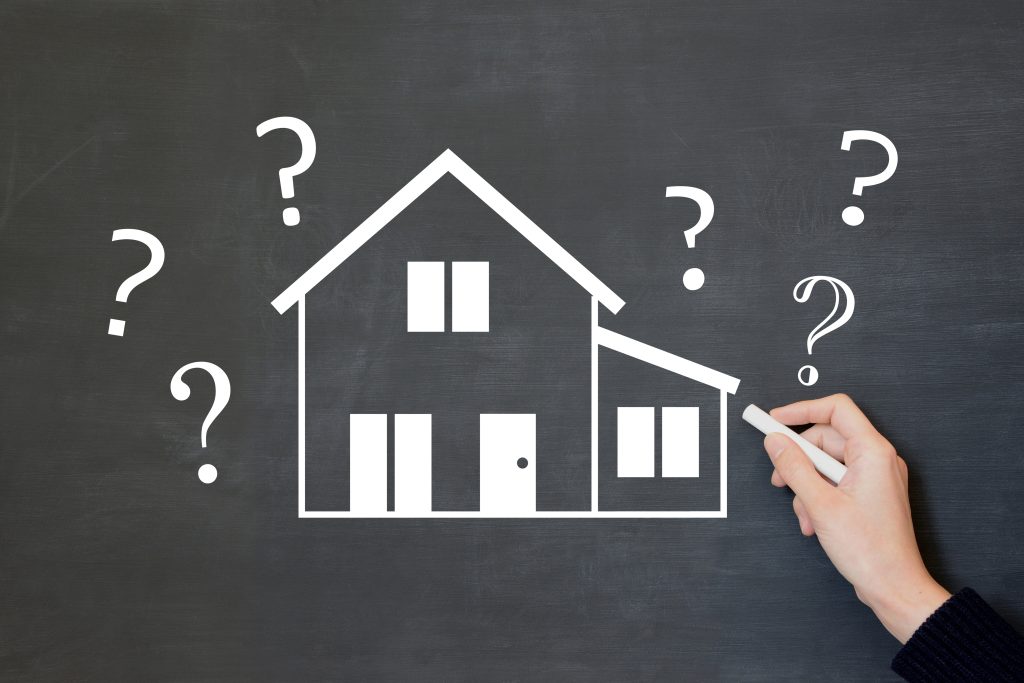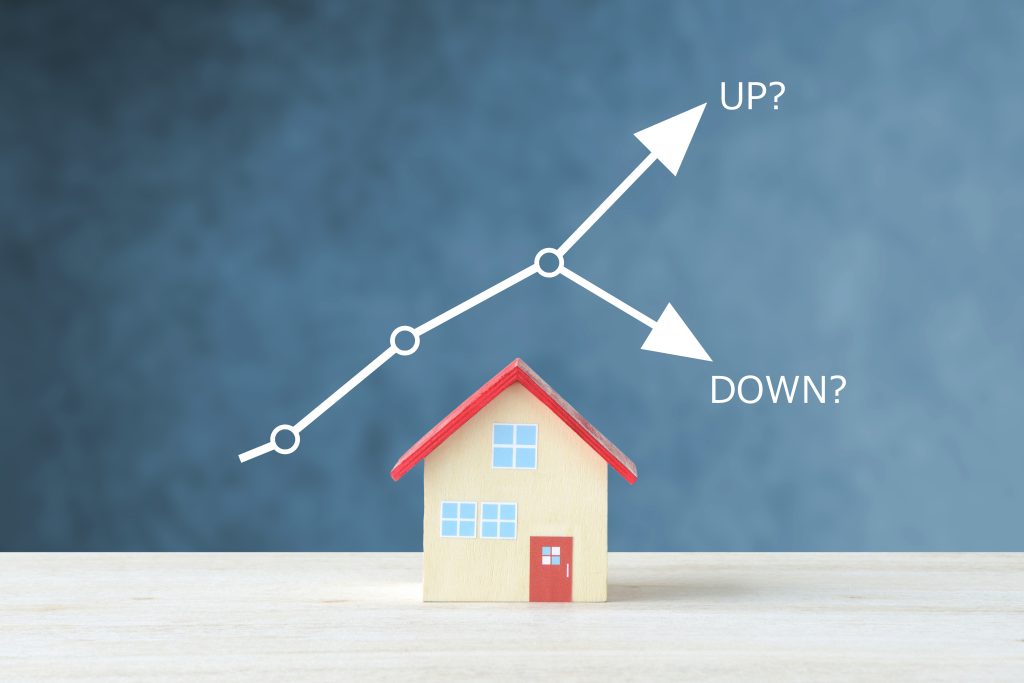When you’re thinking about selling your home, one of the first questions that comes to mind is, “What is my house worth?” That question becomes even more important if you’re considering selling it in as-is condition. Selling a house as-is means you’re putting it on the market without making repairs, updates, or improvements. Buyers know upfront that they’ll need to handle any work themselves, but that doesn’t mean your home won’t attract interest—or sell for a fair price.
What is the As-Is Value of My House
The value of an as-is home largely depends on its location and overall condition. If your property is in a desirable neighborhood, near good schools, or in a market where homes are in high demand, buyers may be willing to pay close to full market value even if the house needs work. On the other hand, if your home requires significant repairs or is in a slower market, you may need to adjust your price expectations.
You can look at recent home sales in your neighborhood using popular tools like Zillow or Redfin. Look for sales within the last year that were built within 5-10 years of your house, has a similar number of bedrooms and baths, and is within 10% of square footage. If you have a finished basement, that can be tricky to count that as total square footage. Try to find similar houses with a finished basement. Here are some tips on what to avoid when selling your home in as-is condition What Are the Pitfalls to Avoid When Selling Your Home As-Is?
Who are the Buyers who Purchase Homes in As-Is Condition
Another key factor is the type of buyer your property will attract. Investors, flippers, and cash buyers often look for as-is homes because they can renovate them quickly and resell for a profit or hold it long term and rent it out. These buyers typically expect a discount that reflects the cost of repairs and their profit margin. Traditional buyers may also consider an as-is property if it allows them to get into a neighborhood they couldn’t otherwise afford, but they’ll likely offer less than they would for a move-in-ready home.
The most common purchasers of houses in as-is condition are cash home buyers. Cash home buyers are usually investors, who pay cash for your home and will buy your house in as-is condition. Cash home buyers close fast and can be flexible with your moving date. They will usually take care of anything you don’t want to move with you.
Pricing Your Home in As-Is Condition
Pricing your home correctly is critical when selling as-is. A good strategy is to compare similar properties in your area—both those that were updated and those that sold in less-than-perfect condition. Subtracting estimated repair costs from the market value of a comparable updated home can give you a ballpark figure for your home’s worth. Working with a real estate agent who understands as-is sales can also help you set a price that attracts buyers while still maximizing your return. Depending on the area and the work that needs to be done, home buyers will be looking for a 20% to 50% discount.
Timing of Selling Your House As-Is
One benefit of selling as-is is the speed and simplicity of the process. You won’t spend weeks or months coordinating repairs, staging, or worrying about inspection reports. Cash buyers, in particular, can close quickly, sometimes in as little as a week. While you may not get top-dollar compared to a fully renovated home, the convenience and certainty can make an as-is sale the right choice—especially if you’re facing financial difficulties, relocation, or inherited property. Here is a more information about the typical timeline for selling your house as-is What is the Typical Timeline for Selling a House Fast in As-Is Condition?

Ultimately, what your house is worth in as-is condition comes down to balancing market value, buyer demand, and repair costs. Even if you can’t command the same price as a newly updated property, selling as-is can still put a fair amount of cash in your pocket without the hassle of fixing it up. If you’re considering this route, get a few estimates from real estate professionals or cash buyers so you have a realistic picture of your home’s value—and can make the best decision for your situation.




